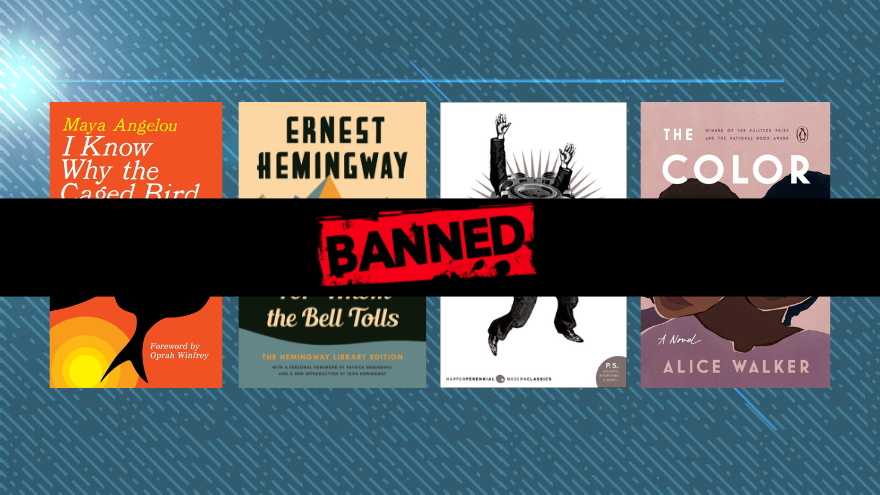The law, known as HB 1069, took effect on July 1, 2023. It requires school districts to establish a process for parents to request the review of school and classroom library books they believe contain sexual content. The bill was part of a suite of bills comprising Governor Ron DeSantis’ “Let Kids Be Kids” agenda, which he said is designed to protect children from indoctrination. Since the law’s enactment, multiple classic works, including Maya Angelou’s I Know Why the Caged Bird Sings, Ernest Hemingway’s For Whom the Bell Tolls, Aldous Huxley’s Brave New World, and Alice Walker’s The Color Purple have been removed from school libraries. The lawsuit alleges that the legislation’s requirement to remove any material that describes “sexual conduct” is overly broad and infringes on First Amendment rights, rendering it unconstitutional. The plaintiffs, which include some of the most prominent names in publishing — Penguin Random House, Hachette Book Group, HarperCollins, Macmillan Publishing Group, Simon & Schuster, and Sourcebooks — are joined by individual authors such as Julia Alvarez, John Green, Laurie Halse Anderson, Jodi Picoult, and Angie Thomas. The plaintiffs argue that the law’s language is vague, particularly the term “describes sexual conduct,” which is not clearly defined. This ambiguity, they contend, has led to inconsistent and overly broad interpretations, with some books being removed for as little as containing the phrase “made love.” Furthermore, the bill prohibits "pornographic" content, a term that lacks a clear legal definition, unlike "obscene" content as defined by the Supreme Court’s Miller test. The plaintiffs maintain that this vague language has been used to ban books that are neither pornographic nor obscene. The lawsuit asserts that the removal of these books not only restricts students’ access to diverse perspectives but also stifles authors’ ability to communicate their ideas. This, the plaintiffs argue, violates the First Amendment rights of authors to disseminate their work and of students to receive information. “As publishers dedicated to protecting freedom of expression and the right to read, the rise in book bans across the country continues to demand our collective action,” the six attached publishers said in a joint statement. “Fighting unconstitutional legislation in Florida and across the country is an urgent priority. We are unwavering in our support for educators, librarians, students, authors, readers — everyone deserves access to books and stories that show different perspectives and viewpoints.” The case has implications for the future of free speech and education, setting a precedent for how states across the country regulate the content of school libraries. The complaint, filed on Aug. 29 in Orlando federal court, continues the tug-of-war between proponents of and objectors to Florida’s book ban law. Earlier this year, a lawsuit was filed by a Florida state lawmaker who argued that school boards is not removing enough books containing obscene material.A coalition of major publishing houses, bestselling authors, and advocacy groups has filed a lawsuit against the Florida State Board of Education and several school boards across the state, challenging a state law enacted last year aimed at removing sexually explicit material from school libraries.
Today I filed a lawsuit against Polk County School Board on behalf of my client, County Citizens Defending Freedom. The School Board has continued to allow inappropriate books with obscene and illegal sexual content in violation of Florida law. We will always fight to protect… pic.twitter.com/9d4EK2cKAX
— Anthony Sabatini (@AnthonySabatini) March 18, 2024

